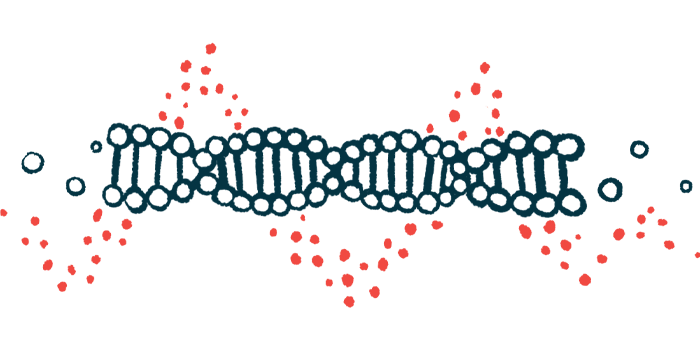$5M gift to UC San Diego supports gene therapy work for rare diseases
Stack Foundation donation aims for more effective treatments

A $5 million gift is supporting a University of California San Diego (UC San Diego) gene therapy initiative aimed at finding novel treatments for children and adults with genetic disorders.
The launch of the Gene Therapy Initiative, made possible by the donation from the Nancy and Geoffrey Stack Foundation, will enable scientists to explore potential therapies for genetic conditions.
Gene therapy involves supplying a patient’s cells with a functional copy of the missing or mutated gene, thereby treating the disease’s underlying cause. Such therapy can introduce new genes to the body or impede or modify the expression of faulty genes. Another approach is called stem cell gene therapy, which corrects the genetic disease in a person’s stem cells, a process conducted outside the body.
Many genetic disorders, including Angelman syndrome, are rare, rendering effective treatments elusive, partly because fewer people with the disease can limit research opportunities. Between 25-30 million U.S. residents are estimated to live with a rare condition, of which about 95% lack a federally approved treatment.
Initiative aims to better treat rare diseases like Angelman syndrome
“UC San Diego is widely known as one of the top 10 research universities in the world, and has created a hub for genetic disease research where our faculty members work collaboratively across disciplines to find novel treatments and cures for a range of devastating genetic diseases,” Pradeep K. Khosla, UC San Diego chancellor, said in a news article in UC San Diego Today.
“We are grateful to Nancy and Jeff for their visionary investment to establish the Gene Therapy Initiative, which will drive ground-breaking research and discovery to help children and adults who suffer from a range of genetic conditions.”
The Stacks, whose daughter Natalie was diagnosed as an infant with a genetic condition called cystinosis, supported research work that ultimately led to development by UC San Diego scientists of a medication that helps with cystinosis management. That was followed by development of a stem cell gene therapy approach that has enabled Natalie, now 32, to have a career in social work. She plans to marry this year.
“Our hope is that this opens the door to more effective therapies for those dealing with rare disorders and diseases,” said Nancy Stack. “We believe that the new Gene Therapy Initiative will give others hope, just like we received hope for our daughter.”
The initiative will be led by Stephanie Cherqui, PhD, chair of the Cystinosis Stem Cell and Gene Therapy Consortium, and developer of the cystinosis gene therapy, along with Alysson Muotri, PhD, at the UC San Diego School of Medicine. It intends to bring scientists and clinicians together in exploring potential treatments for patients of all ages.
“Because many of these diseases manifest themselves in the pediatric age group, this initiative will make a huge impact on the lives of such patients,” said Gabriel Haddad, MD, chair of the department of pediatrics at UC San Diego.
Angelman is a complex neurological genetic disorder that affects about 1 in 15,000 people, causing physical and intellectual disabilities, and is usually first detected in babies ages 6 to 12 months. The genetic defect that for the condition usually develops by chance following conception, when the UBE3A gene is missing or malfunctions.
Available disease treatments mainly aim to control the seizures Angelman commonly causes and manage physical and behavioral symptoms.
Gene therapies are being developed for Angelman, like GTX-102, which is now in a Phase 1/2 clinical trial, and GT-AS, originally created by Agilis Biotherapeutics and acquired in 2018 by PTC Therapeutics, which is continuing its development.
“Gene therapy allows us to restore faulty genes to alleviate and even cure the diseases associated with each mutation,” said Muotri. “It is a sophisticated, highly personalized form of treatment that technology has only recently allowed humanity to harness, and the Stacks’ support will allow us to explore the use of gene therapy to benefit even more patients who are so desperately looking for hope.”







